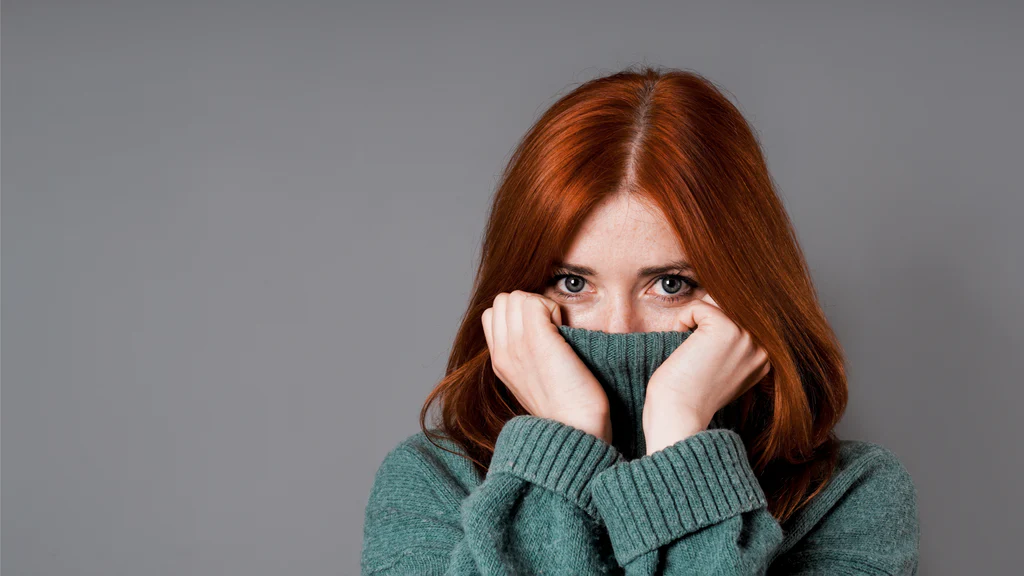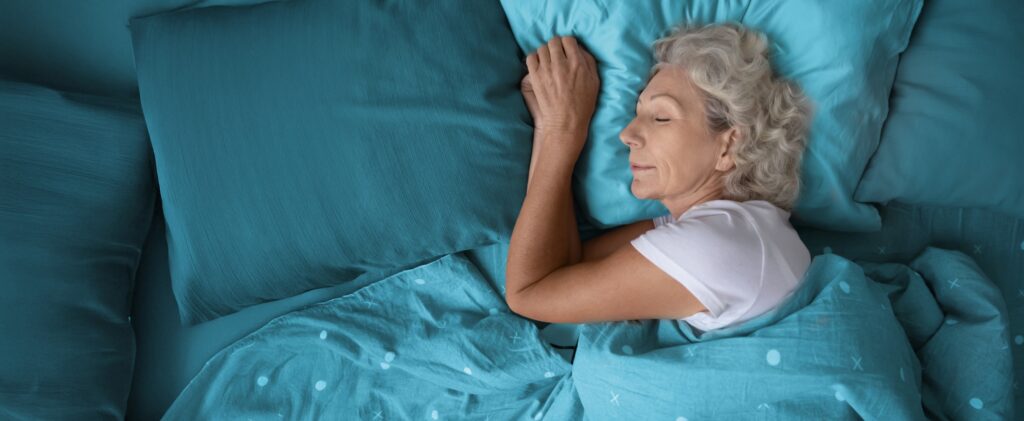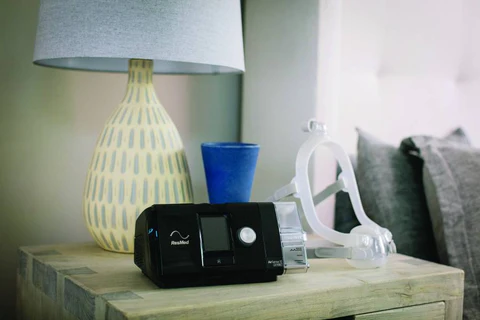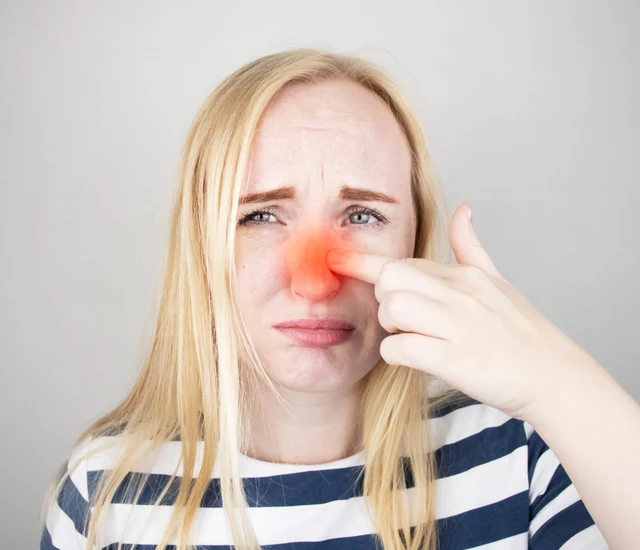Continuous Positive Airway Pressure (CPAP) therapy is a lifesaver for many individuals suffering from sleep apnea, a condition characterized by pauses in breathing or shallow breaths during sleep. While CPAP machines are incredibly effective at maintaining open airways and improving sleep quality, they can also lead to a plethora of questions and concerns, some of which might be a tad embarrassing to ask. If you’ve found yourself wondering about things like increased flatulence or bloating while using your CPAP machine, fret not—you’re not alone. Let’s dive into some of these common queries and demystify them once and for all!
- Is it Normal to Experience Increased Flatulence (Farting)? Ah, the elephant in the room—or rather, the sound in the bedroom. Many CPAP users report an uptick in flatulence after starting therapy, and yes, it’s entirely normal. Why does this happen? CPAP therapy introduces a constant stream of air into your airways, which can inadvertently swallow air, leading to increased gas production. Additionally, the improved quality of sleep that CPAP therapy provides might relax your body, including your gastrointestinal tract, leading to more frequent passing of gas. While it might be embarrassing, rest assured that it’s a common side effect of CPAP therapy and nothing to be ashamed of.
- What About Bloating? Alongside increased flatulence, some CPAP users experience bloating, particularly in the initial stages of therapy. This bloating can occur due to the swallowed air mentioned earlier or changes in your sleeping position. When using a CPAP machine, you might find yourself adjusting to sleeping on your back more often, which can affect digestion and potentially lead to bloating. If bloating persists or becomes uncomfortable, it’s worth discussing with your healthcare provider to rule out any underlying issues.
- Why Do I Wake Up With Dry Mouth? Waking up with a desert in your mouth is another common complaint among CPAP users. The constant airflow from the CPAP machine can dry out the mucous membranes in your mouth and throat, causing dry mouth. Additionally, if your mouth falls open during sleep while using a CPAP mask designed for nasal breathing, it can exacerbate the issue. To combat dry mouth, consider using a heated humidifier or heated tube with your CPAP machine or using a chin strap to help keep your mouth closed during sleep.
- Is it Normal to Feel Claustrophobic? CPAP masks come in various shapes and sizes, but regardless of the style you choose, it’s not uncommon to feel a bit claustrophobic, especially when first starting therapy. The sensation of having something covering your face can be unsettling for some people. If you’re struggling with feelings of claustrophobia, give yourself time to adjust to wearing the mask by wearing it for short periods during the day before attempting to sleep with it on. You can also try different mask styles to find one that feels more comfortable and less constricting.
- What if I Accidentally Fart with the CPAP Mask On? Ah, the ultimate nightmare scenario—or is it? While the thought of passing gas with your CPAP mask on might induce a moment of panic, rest assured that the mask’s design prevents any odors from escaping into the room. CPAP masks create a seal against your face, ensuring that the air you breathe in comes solely from the machine’s filtered airflow. So, if you happen to let one slip while wearing your CPAP mask, it’s just between you and your machine—no one else need know!
- What if I Experience Excessive Salivation? Some CPAP users may find themselves drooling more than usual while using their machines. This can happen due to the position of the CPAP mask, which might inadvertently stimulate saliva production or cause saliva to pool around the mouth. If excessive salivation becomes bothersome, try adjusting the fit of your mask or using a chin strap to help keep your mouth closed during sleep.
- Why Do I Have Skin Irritation or Red Marks? Wearing a CPAP mask for extended periods can sometimes lead to skin irritation or red marks on the face, particularly in areas where the mask’s straps or cushion come into contact with the skin. This irritation can result from friction, pressure, or an allergic reaction to the materials in the mask. To alleviate discomfort, ensure that your mask is properly fitted and clean, and consider using skin-friendly products or barrier creams to protect your skin.
Embarking on CPAP therapy can feel daunting, especially when faced with awkward or embarrassing questions. However, it’s essential to remember that you’re not alone in your experiences. Many others have walked this path before you and have likely pondered the same questions. Don’t hesitate to reach out to your healthcare provider or online support communities for guidance and reassurance. With time, patience, and a bit of humor, you’ll navigate the world of CPAP therapy like a pro—and maybe even learn to laugh at the occasional flatulent mishap along the way.
Disclaimer: The information provided on Nationwidemedical.com is solely for educational purposes and should not be used as a substitute for professional medical advice, diagnosis, or treatment. Always seek the advice of your physician or other qualified healthcare provider with any questions you may have regarding a medical condition. Never disregard professional medical advice or delay in seeking it because of something you have read on this website. Nationwidemedical.com is not responsible or liable for any advice, course of treatment, diagnosis or any other information, services or products that you obtain through this site. Reliance on any information provided by Nationwidemedical.com is solely at your own risk.



